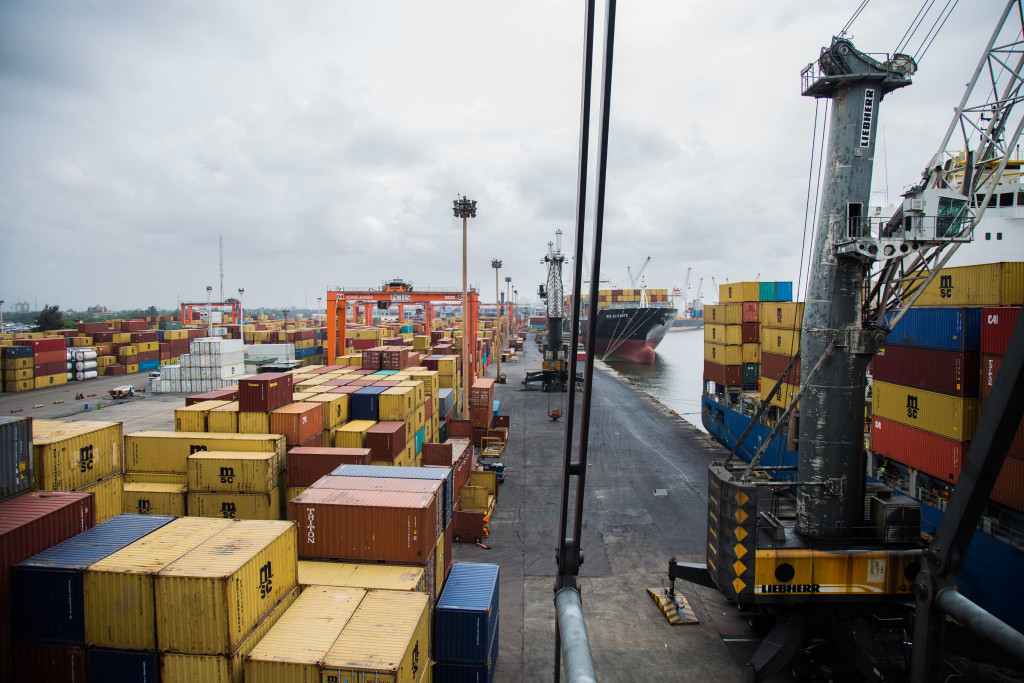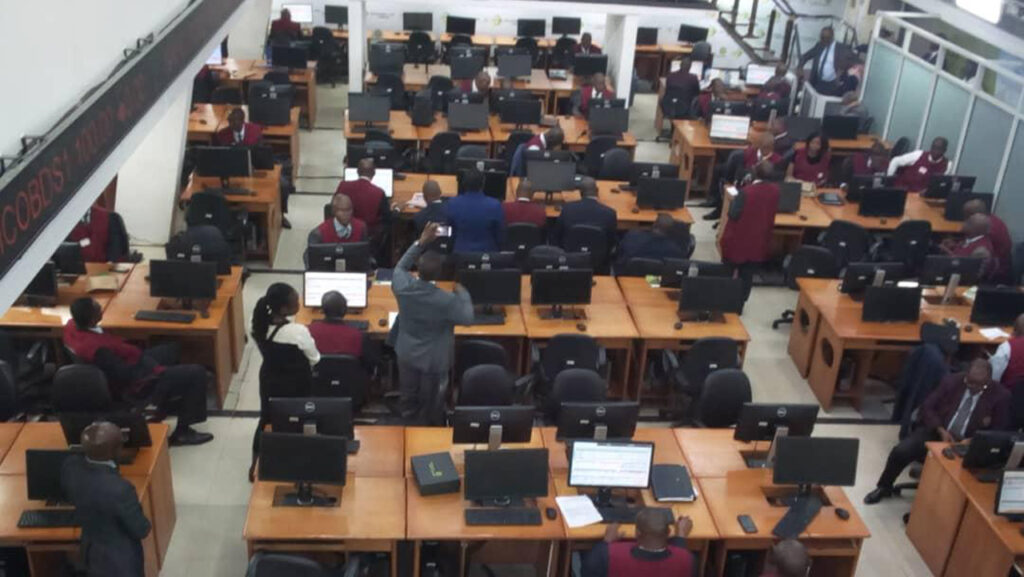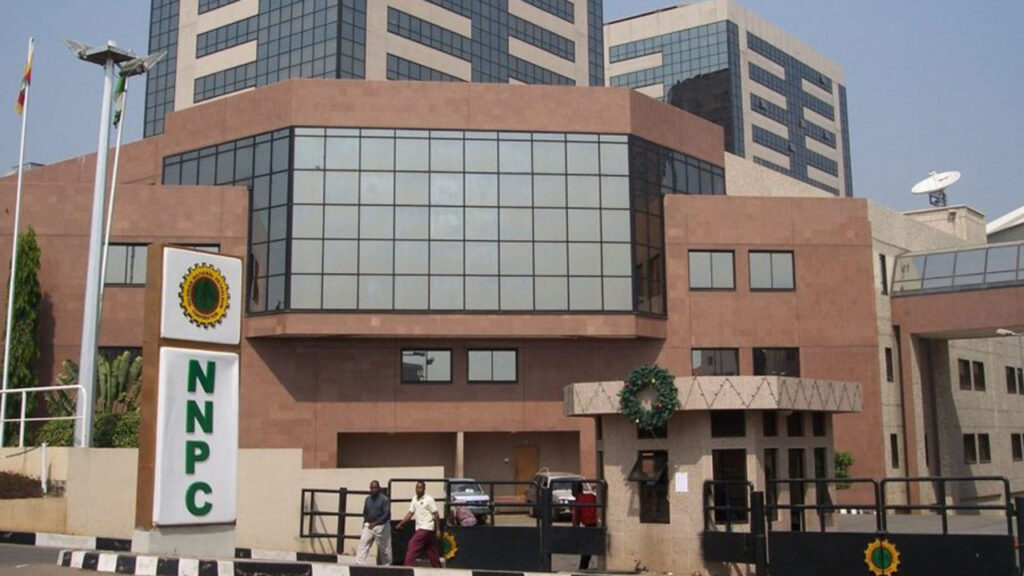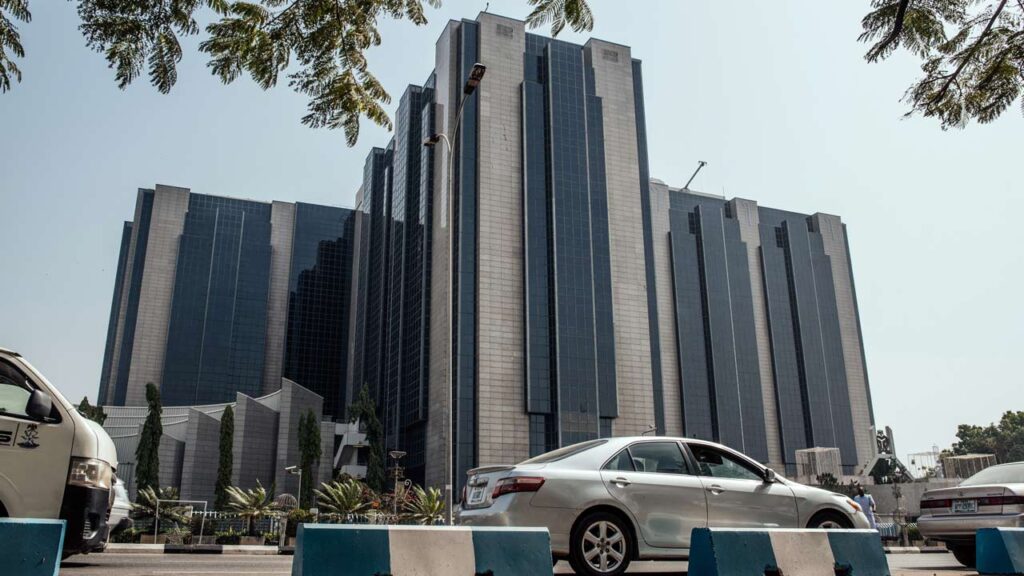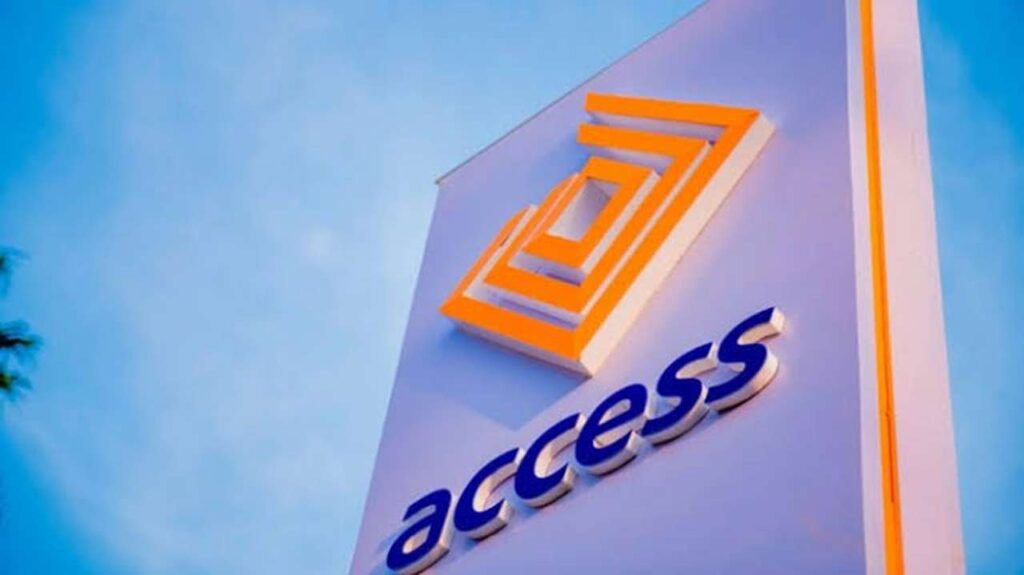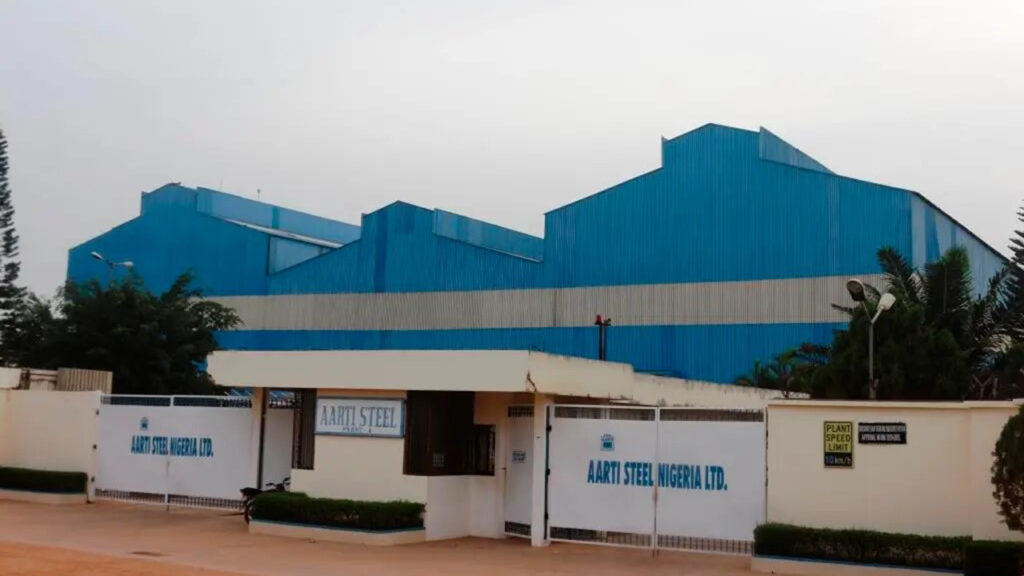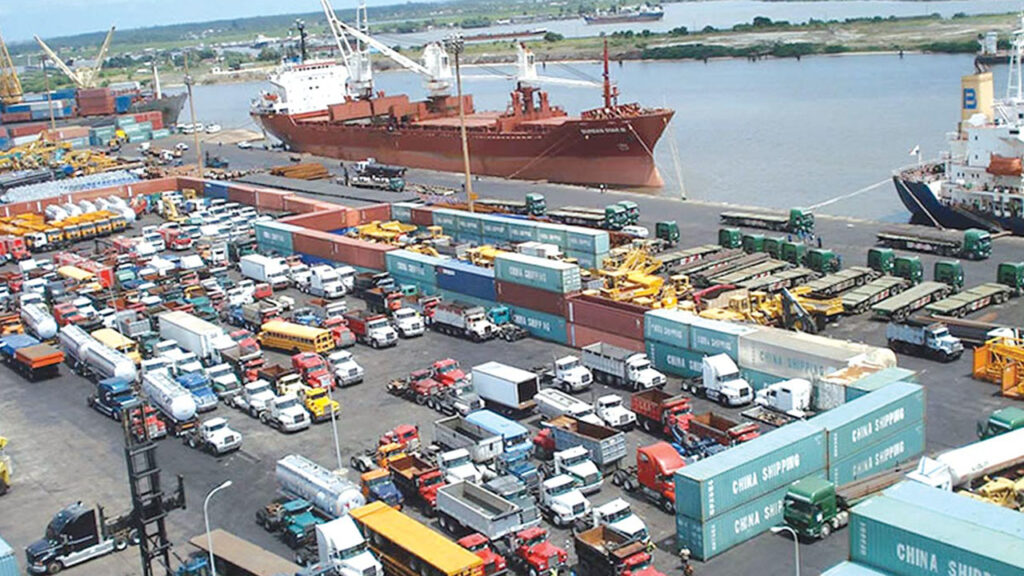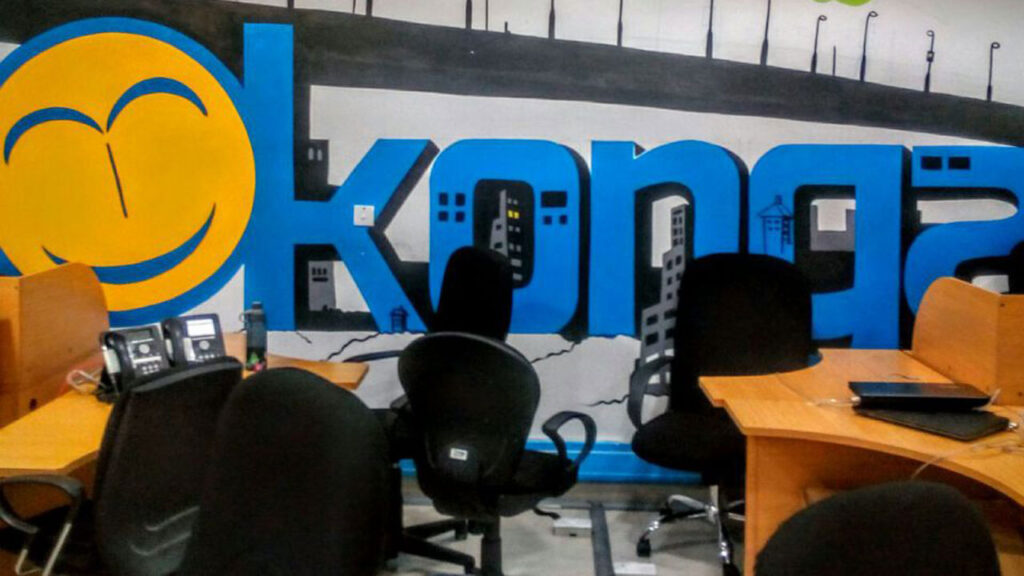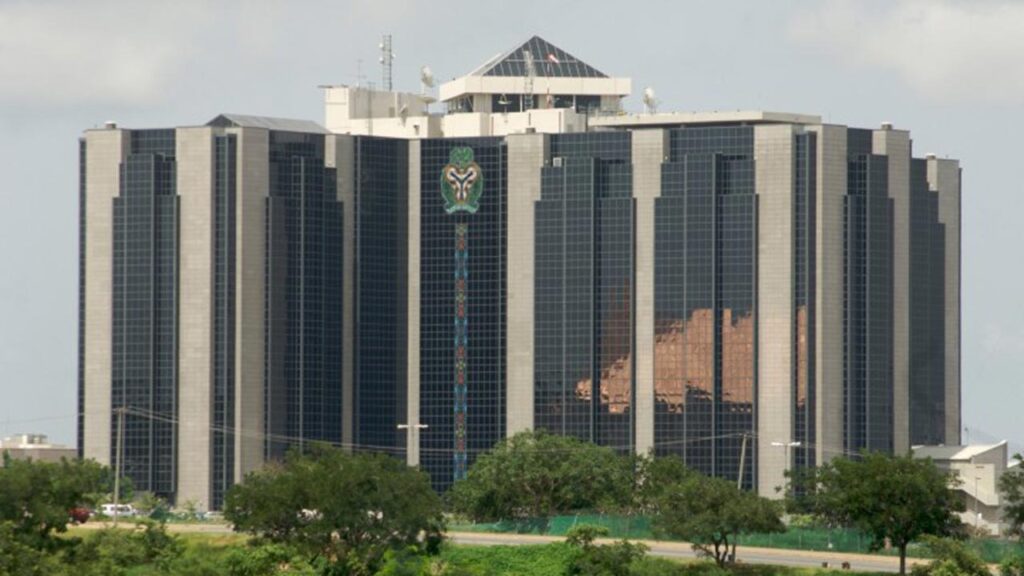•34 state records zero inflow
Nigeria’s capital importation rose by 198.06 per cent over the last 12 months to $3.38 billion in the first quarter of the year.
The growth was driven by portfolio investments, contributing a larger part of the inflow.
However, Foreign Direct Investment (FDI), which the country desperately needs, did not show any improvement, attracting only 3.53 per cent of total capital importation during the period.
The National Bureau of Statistics (NBS), in its Q1 capital importation report, said Nigeria’s total capital importation rose from $1.132 billion in the first quarter of 2023 to $3.38 billion in Q1 of the year, indicating an increase of 198.06 per cent in one year.
In comparison to the preceding quarter, capital importation rose by 210.16 per cent, from $1.09 billion in Q4 2023.
NBS said that portfolio investment ranked top with $2.08 billion, accounting for 61.48 per cent, followed by other investments with $1.18 billion accounting for 34.99 per cent.
On sectoral basis, banking recorded the highest inflow with $2.07 billion, representing 61.24 per cent of total capital imported in Q1 2024, followed by trade, valued at $494.93 million, about 14.66 per cent just as the production/manufacturing sector contributed $191.92 million or 5.68 per cent.
NBS said capital importation during the reference period originated largely from the United Kingdom, which accounts for $1.81 billion or 53.49 per cent of the total capital inflow.
The U.K. was followed by South Africa with $582.34 million or 17.25 per cent and the Cayman Islands with $186.21 million or 5.52 per cent.
Only three states attracted foreign capital during the quarter, with Lagos state leading the destinations with $2.782 billion or 82.42 per cent of the total capital imported.
The Federal Capital Territory (FCT) followed with $593.58 million or 17.58 per cent and Ekiti state accounted for $0.01 million.
The report also shows that Stanbic IBTC Bank Plc topped banks through which the capitals were channelled with $1.26 billion or 37.24 per cent. It was followed by Citibank Nigeria Limited with $547.71 million (16.22 per cent) and Rand Merchant Bank Plc with $528.73 (15.66 per cent).
Nigeria has witnessed a downward trend in foreign direct investment (FDI) inflows over the last four years. In 2020, FDI flow to the country was $10.2 billion. The following year, it fell to $6.9 billion and further down to $4.6 billion in 2022 before slumping to $3.7 billion last year.

